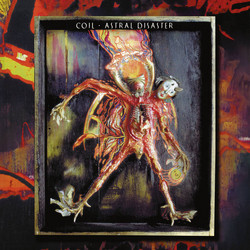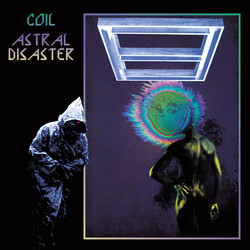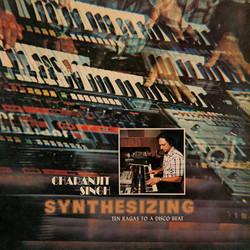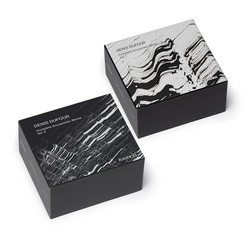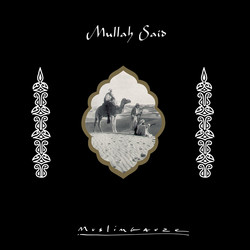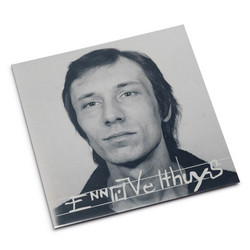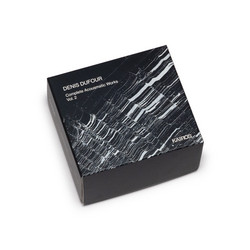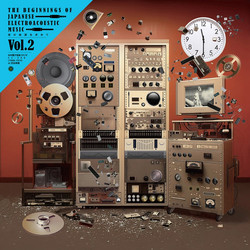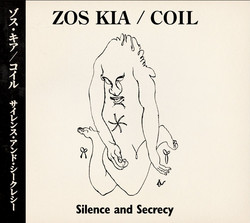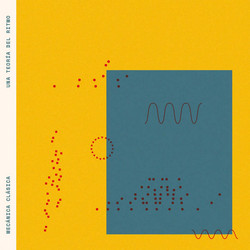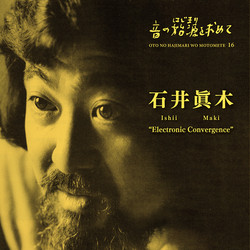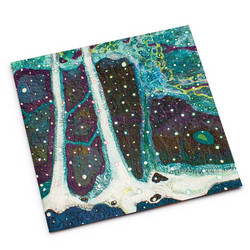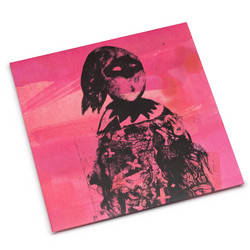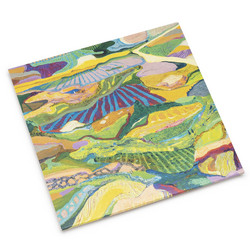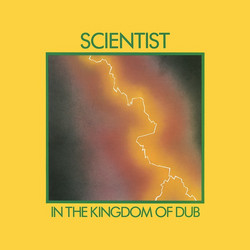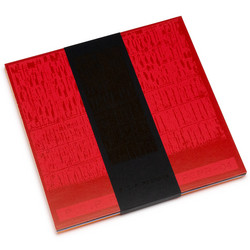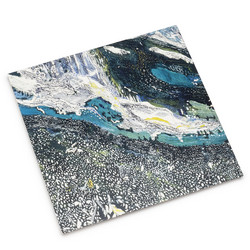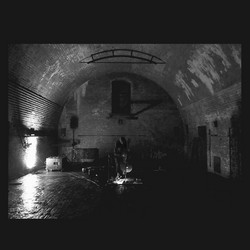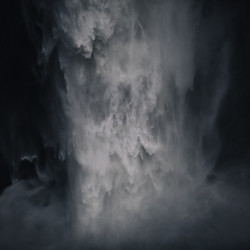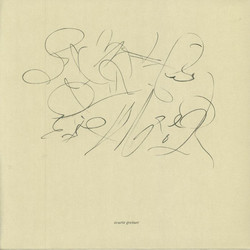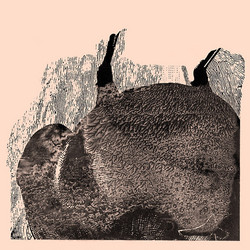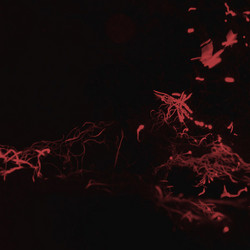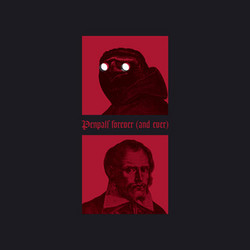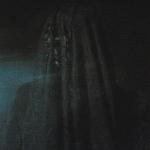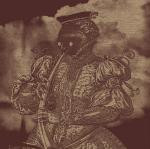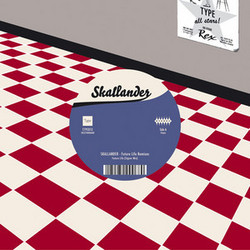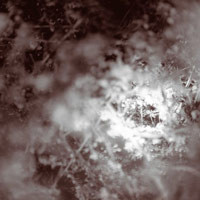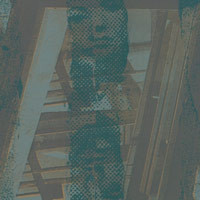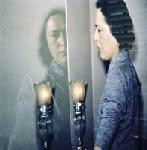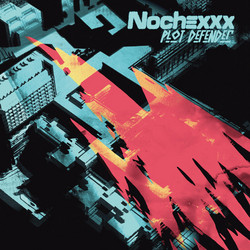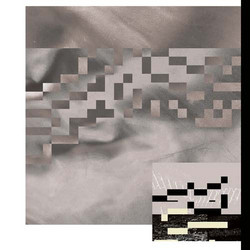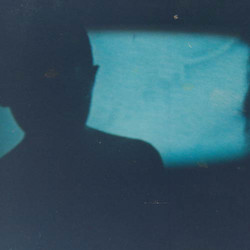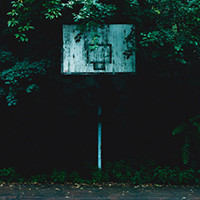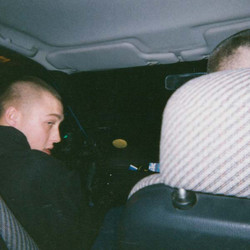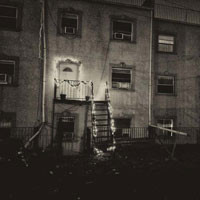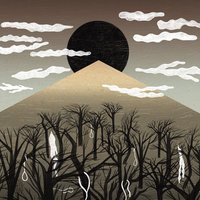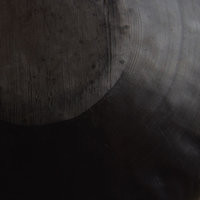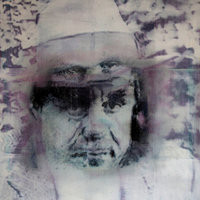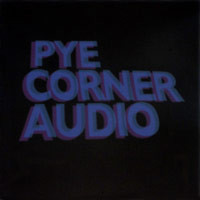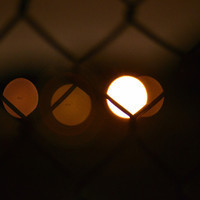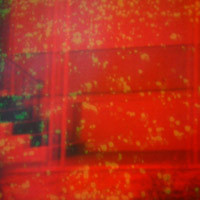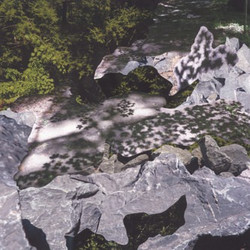Svarte Greiner
Kappe
To paraphrase online reports: Svarte Greiner's Erik Skodvin comes riding from the dark, epic wastes of Scandinavialand, quaffing wyrmblood out of a hellmug and pronouncing mad soliloquies of doom. This kind of marketing creates strange dissonances with the music on Kappe. Sure, it's gloomy and foreboding. But it's also strident and glacially paced; it sounds more like a depressed La Monte Young than an heir of metal ancestry. At the same time, it strongly evokes the modulating bass oceans of Sunn O))). Ultimately, Kappe emphasizes how close this modern strand of abstract doom-metal is to postwar minimal aesthetics. Kappe's atmosphere is familiar from Skodvin's last album, Knive. Ghosts rattle doorknobs in mansions of brooding tone; moaning saxophone and browned-out guitar harrow each other through claustrophobic effects rings. But the execution is different in almost every way. Knive deployed a broader variety of sounds across tighter fields, with deeper weavings of texture that verged on beats. There was a haltingness to it, as if the sounds were being painfully ejected, like kidney stones. Kappe trades Knive's ear-catching shiftiness for gradual, hard-won fruition, a slow marathon of drifting gray sheens. It's commanding and stodgy where Knive was striving, convulsed. It seems at once more accomplished and less interesting. This is mainly because Knive's unruly approach didn't call for climaxes; sounds appearing or mutating at jagged intervals were hooks enough. But Kappe's measured long-tone variations prime us for moments of clarity, which appear tortuously, if at all. After seven minutes of disembodied wails and creaking gears, we never see the light at the end of "Tunnel of Love", just vanish into darkness. "Where Am I" (always an appropriate question to ask of a Svarte Greiner song) begins with a singing bowl-like dirge; snatches of melody flit through the 16 grueling minutes of "Candle Light Dinner Actress", as Skodvin bathes a single, sullen note in corrosive harmonies until it dissolves, leaving the track to gnaw on itself like an empty stomach. I wouldn't deign to penalize Skodvin for asking listeners for sometimes-immense feats of patience, but Kappe is so reserved and sternly formal that it can seem impersonal. There are caverns of detail and development buried in the opiated atmosphere, but I had to focus my full attention on the music for protracted spans to perceive them. Anything less discloses what sounds like an inordinately spooky traffic jam: a just-there wash of overpass rumbles, bicycle clatters, air-brake shrieks, and windy moon-roof ambiance.— Brian Howe, May 20, 2009
